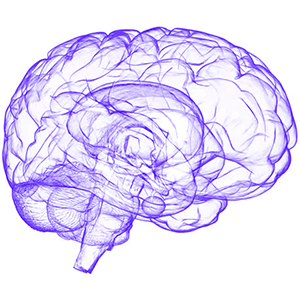 Sometimes talking about epilepsy can be difficult – it’s normal to feel nervous. You may be concerned that others will treat you differently or there may be fear and misunderstanding about epilepsy and seizures. Talking about epilepsy can help spread awareness and demonstrate that children, adolescents, and young adults with epilepsy can lead full, active lives.
Sometimes talking about epilepsy can be difficult – it’s normal to feel nervous. You may be concerned that others will treat you differently or there may be fear and misunderstanding about epilepsy and seizures. Talking about epilepsy can help spread awareness and demonstrate that children, adolescents, and young adults with epilepsy can lead full, active lives.
How should I tell someone I have epilepsy?
It’s important to remember that epilepsy doesn’t define you. It is only a part of who you are as a person. Explaining epilepsy to someone who does not know a lot about it may be frustrating and tiring at times, but it’s important to educate those around you! When you do discuss your diagnosis, state the facts and be honest about your diagnosis. The key message is that people with epilepsy deserve respect, understanding, and can lead full, active lives.
Helpful conversation starters:
- Did I ever tell you why I take medication every day? I have seizures and I take medication to prevent them.
- Do you know why I’m wearing this bracelet? It’s a medical alert bracelet because I have epilepsy which causes seizures.
- Did you know I have a seizure plan? It’s important to share seizure plans with your school nurse, coaches, and supervisors.
Make sure to use language that is easy to understand and encourage your friends and family to ask questions. To help others understand the details of your epilepsy and your medical needs, you can use the resources on this website or visit the Epilepsy Foundation.
Our health guides are developed through a systematic, rigorous process to ensure accuracy, reliability, and trustworthiness. Written and reviewed by experienced healthcare clinicians from Boston Children's Hospital, a Harvard Medical School teaching hospital and consistently ranked as a top hospital by Newsweek and U.S. News & World Report, these guides combine clinical expertise, specialized knowledge, and evidence-based medicine. We also incorporate research and best practices from authoritative sources such as the CDC, NIH, PubMed, top medical journals, and UpToDate.com. Clinical specialists and subject matter experts review and edit each guide, reinforcing our commitment to high-quality, factual, scientifically accurate health information for young people.